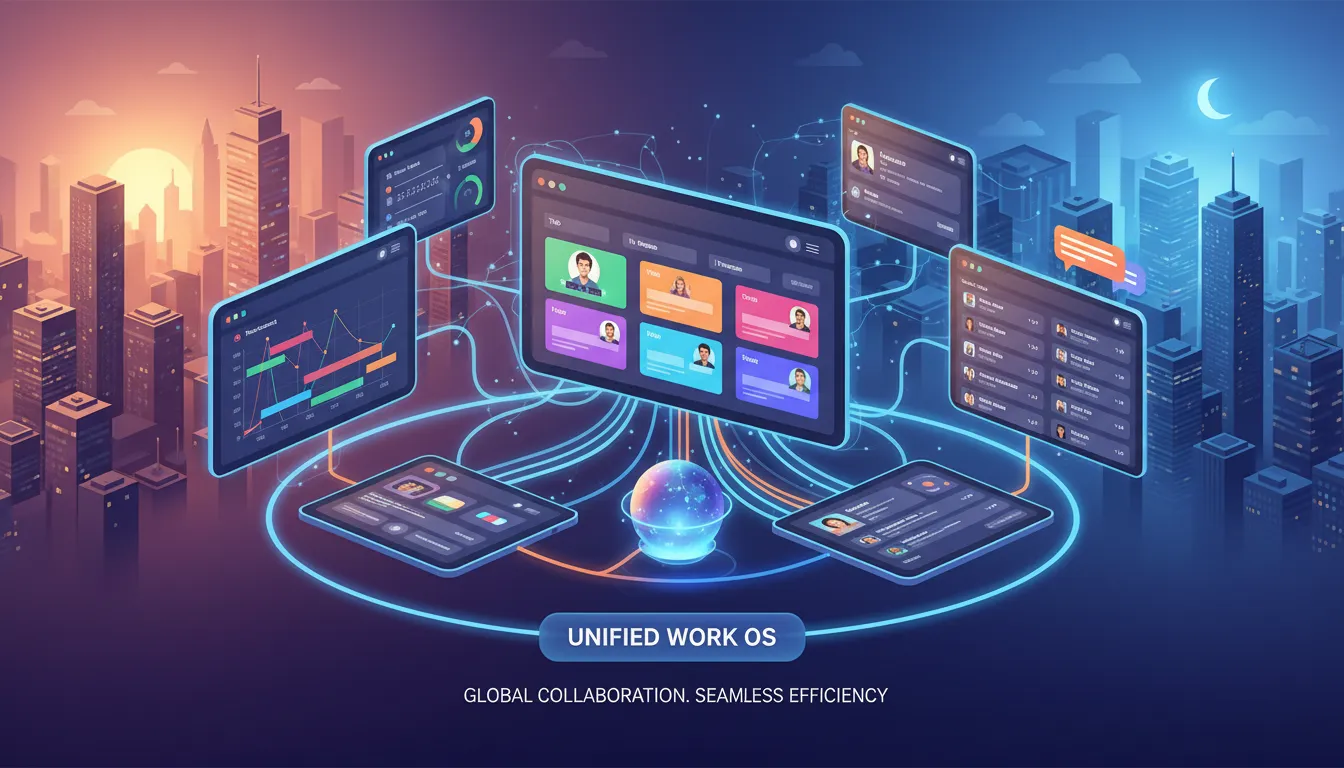Skill-Based Learning: Why Digital Marketers Should Keep Upskilling

Digital marketing is not a field where you can learn a set of skills and coast for the next decade. The platforms we use, the algorithms that govern them, and the consumer behaviors we target are in a constant state of flux. What worked last year might be obsolete today, and what works today will likely be replaced by a new strategy tomorrow. For more on this, see my article on how digital marketing skills are reshaping online learning.
This is why the most important skill a digital marketer can possess is not mastery of a single tool, but the commitment to continuous, skill-based learning. Stagnation is the career-killer in this industry. Let’s explore why upskilling isn’t just a good idea—it’s your most critical professional responsibility.
The Ever-Shifting Digital Landscape
Think about the state of digital marketing just a few years ago:
- Google Analytics: Universal Analytics was the standard. Today, if you aren’t proficient in Google Analytics 4 (GA4), you’re already behind. Understanding the new event-based model is crucial, as detailed in this guide to GA4.
- AI in Marketing: AI was a novelty. Now, it’s integrated into everything from ad copy generation and audience segmentation to content creation and SEO. See my article on how AI is changing digital marketing.
- Privacy Regulations: Increased focus on data privacy has fundamentally changed how we track users and measure campaign success.
This relentless pace of change means your existing knowledge has a shorter shelf life than ever before.
Core Areas for Continuous Upskilling
To stay relevant, you need to build a habit of learning. Here are the core areas every digital marketer should focus on.
1. Search Engine Optimization (SEO)
SEO is more than just keywords and backlinks. It now encompasses technical SEO, user experience, voice search, and semantic search. Google’s algorithms are constantly updated to better understand user intent. To keep up, you must move beyond the basics and understand the nuances of what makes a great user experience, a topic explored in my journey to becoming an SEO expert in Nepal.
2. Pay-Per-Click (PPC) Advertising
Platforms like Google Ads and Facebook Ads are continuously rolling out new features, ad formats, and bidding strategies. The rise of Performance Max campaigns in Google Ads is a perfect example. Marketers who relied solely on manual campaign types found themselves needing to learn a whole new system. A solid understanding of the fundamentals, like those in this PPC guide for Nepal, provides a foundation for adapting to these changes.
3. Data Analytics
Gut feelings don’t drive growth; data does. The ability to not just read reports, but to interpret data, identify trends, and translate those findings into actionable strategies is what separates a good marketer from a great one. This means mastering tools like GA4, understanding data visualization, and learning how to tell a story with numbers. Many businesses struggle with this, often leading to common analytics failures that you can learn to avoid.
4. Content & Social Media Marketing
Trends on social media change in the blink of an eye. The rise of short-form video (TikTok, Reels, Shorts) required marketers to develop new skills in video production and storytelling. Similarly, content marketing has evolved from simple blog posts to include podcasts, webinars, and interactive tools. Staying on top of social media trends in Nepal is vital for local relevance.
How to Build a Learning Habit
Upskilling doesn’t have to be a chore. Integrate it into your professional life:
- Dedicate Time: Set aside a few hours each week specifically for learning.
- Follow Industry Leaders: Subscribe to blogs, podcasts, and newsletters from trusted experts.
- Take Online Courses: Use platforms like Coursera, Udemy, or even Skillshare to take courses on specific topics. See my guide on the best platforms to build and sell online courses and my comparison of microlearning vs masterclasses.
- Get Certified: Certifications from Google, HubSpot, or Meta can validate your skills and force you to learn new material.
- Practice: The most important step. Apply what you learn to a personal project or in your current role. Theory is good, but practical application is what builds true mastery. For more on my experience, see my article on teaching digital marketing in Nepal.
In the world of digital marketing, your degree or your past accomplishments are not what define your value. Your value is defined by your ability to adapt, learn, and apply new skills to drive results today. Keep learning, or get left behind. For more on learning management systems, see my guide on the best LMS for digital trainers.


